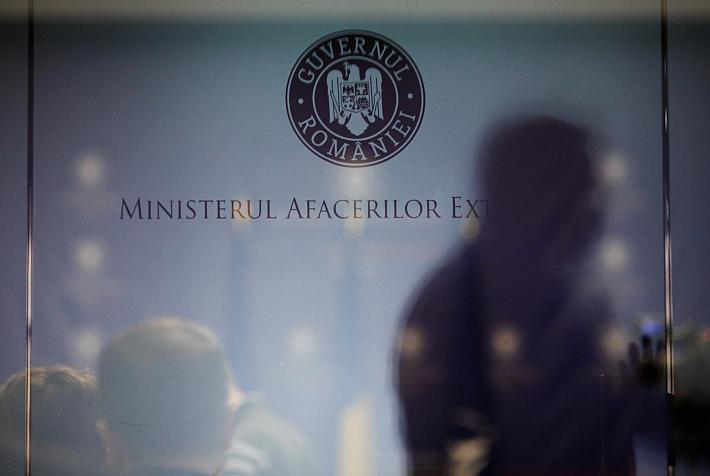Hate crime report: Discrimination against Roma, gay & lesbian is common place in Romania

“Hate crime is a daily reality throughout the European Union,” says the EU's Agency for Fundamental Rights. Recent research by the agency is of particular interest to Romania and Romanians, with discrimination against Roma and the Lesbian Gay Bisexual Transgender community commonplace at home and Romanians living abroad, along with other Central and Eastern European citizens, the victims of racial prejudice.
The report has laid bare the ugly truth that people across the Union are routinely the victims of crime and violence motivated by racism, xenophobia, religious intolerance and prejudice against disability, sexual orientation and gender identity.
The Agency for Fundamental Rights (FRA) does not really single out countries as being much better or worse than others, rather it points to a Europe wide failure to adequately address hate crime.
The EU's Fundamental Rights Agency calls for hate crime to be made more visible and for member states to consider punishing those convicted of such crimes more severely. “They [hate crimes] undermine the basic democratic tenets of equality and non-discrimination. Hate crimes thus harm not only the victim, but also other people belonging to the same group,” said FRA Director Morten Kjaerum.
According to the FRA, greater political will from Europe's decision makers is needed to tackle “pervasive prejudice against certain groups and compensate for the damage.” The FRA also believe that at both an EU and a national level, legislation should be passed that makes collecting and publishing data on hate crimes obligatory. This is of particular relevance to Romania, the only EU state where no official data on hate crime is either collected or published.
In other legislative areas Romania is somewhat better. Compliance with Article 21 of the Charter of Fundamental Rights of the European Union is better in Romania than in some countries. Article 21 states that “Any discrimination based on any ground such as sex, race, color ethnic or social origin, genetic features, language, religion or belief, political or any other opinion, membership of a national minority, property, birth, disability, age or sexual orientation shall be prohibited.” Some countries, including Romania, have shown more of trend to extend definitions of hate crimes to a wide range of categories.
The FRA also highlighted that the levels of unreported hate crime are huge; the vast majority of respondents from minorities did not report incidents victims were often unable or unwilling to seek justice. With many crimes going unreported, many perpetrators go unpunished ultimately making the problem invisible. According to the FRA's surveys of members of minority groups in the EU, a staggering 1 in 4 had been the victim of what they considered a racially motivated crime in the last 12 months. At around 20 percent reporting being targeted, Roma and Sub-Saharan Africans were the two most victimized groups.
The European Union Agency for Fundamental Rights (FRA) provides evidence-based advice to EU and national decision makers, thereby contributing to more informed and better targeted debates and policies on fundamental rights.
Liam Lever, liam@romania-insider.com
(photo source: sxc.hu)











